Renault shares have experienced a dramatic slump on the Paris stock exchange following an investigation into the way it uses exhaust emissions technology.
Shares in the French manufacturer fell by 20% after a union official revealed that the company's offices were searched last week, but Renault insisted that investigators had found "no evidence of a defeat device equipping Renault vehicles".
A technical committee set up in the wake of the Volkswagen's emissions scandal, is testing vehicles on sale in France – including 25 of Renault's models – for 'defeat devices' or software cheats.
Reports published by Agence France-Presse said that technical equipment and computers were removed from Renault’s registered office at the Renault Lardy Technical Centre and the Guyancourt Technocentre as part of investigations by French fraud police.
A statement issued by Renault stated that the French authorities already felt that testing of its vehicles “would not reveal the presence of a defeat device”.
It said that the company would fully co-operate with any investigations, adding that the visits to its facilities had been carried out “in order to definitively confirm the first findings resulting from the analysis of the independent technical commission”.
Sky News reported that rival French manufacturer Peugeot released a statement saying that its cars had also been tested for defeat software, but no evidence of cheat devices had been found and they were not involved in the fraud investigations, after its own share price began to be affected by the Renault reports.
Renault released a statement this afternoon.
The statement in full:
Following public disclosure by the EPA – the US Environmental Protection Agency – of the existence of a defeat device software used by a leading car manufacturer, an independent technical commission was created by the French government.
The purpose of this independent technical commission is to verify that French car manufacturers have not installed equivalent devices in their vehicles.
In this regard, the UTAC (French Homologation Authority mandated by the Ministry) is currently testing 100 vehicles in circulation, including 25 Renault vehicles reflecting Renault's market share in France.
At the end of December 2015, 11 vehicles had already been tested, including four Renault vehicles enabling the French public authorities to initiate productive discussions with Renault's engineering team.
The French Agency for Energy and Climate (DGEC), which is, on behalf of the Ministry for Ecology, Sustainable Development and Energy, the main contact for the independent technical commission, already considers that the on-going procedure would not reveal the presence of a defeat device on Renault's vehicles.
This is good news for Renault.
The on-going tests open the way for improvement solutions for future and current Renault vehicles, presented in its Renault Emissions Plan which is aimed at improving the energy performance of our vehicles.
At the same time, the DGCCRF decided to carry out additional on-site and material investigations, in order to definitively confirm the first findings resulting from the analysis of the independent technical commission.
The DGCCRF went to the headquarters, the Renault technical centre in Lardy and the technocentre in Guyancourt.
Renault's teams are fully cooperating with the independent technical commission and the additional investigations decided by the Ministry of Economy.
Following the success of the COP21, Renault intends to accelerate its investment towards industrial solutions aiming at protecting the planet.
The Renault Group is already in the top three (first in 2013, second in 2014) in the improvement programs of the carbon footprint. Over the last three years, the Renault Group has reduced by 10% the carbon footprint of its vehicles.
The PSA statement in full:
The results of the tests conducted by the technical committee led by French environment minister Ségolène Royal have now been communicated to us. These results attest to the absence of anomalies on PSA Peugeot Citroën vehicles.
The purpose of the tests, which were carried out by French testing laboratory UTAC, was to verify vehicle compliance with regard to pollutant emissions. The test results confirm the validity of PSA Peugeot Citroën’s choices in terms of pollutant emission treatment technology.
These initial results also confirm the effectiveness of the BlueHDi after-treatment system, which includes selective catalytic reduction (SCR) technology positioned upstream of the particulate filter, to treat the nitrogen oxides (NOx) released by diesel engines. This technology has been deployed on all of the group’s Euro 6 vehicles since late 2013.
PSA Peugeot Citroën has not been the subject of a search by France’s General Directorate for Competition Policy, Consumer Affairs and Fraud Control (DGCCRF).

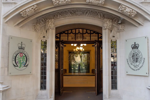







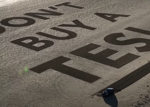





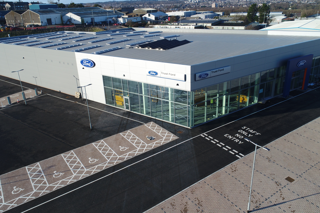
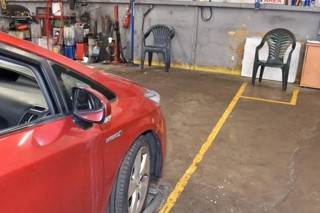
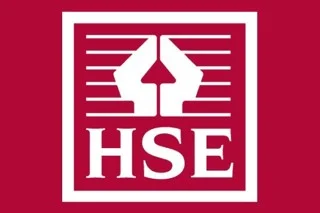
Login to comment
Comments
No comments have been made yet.